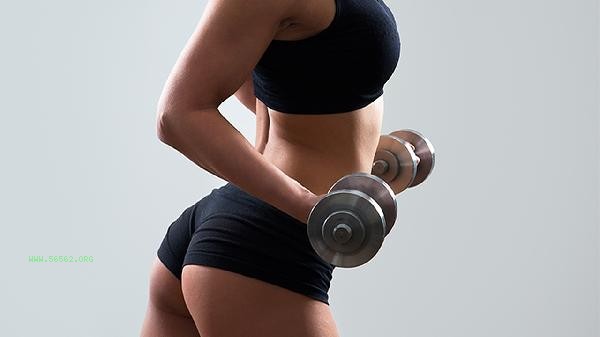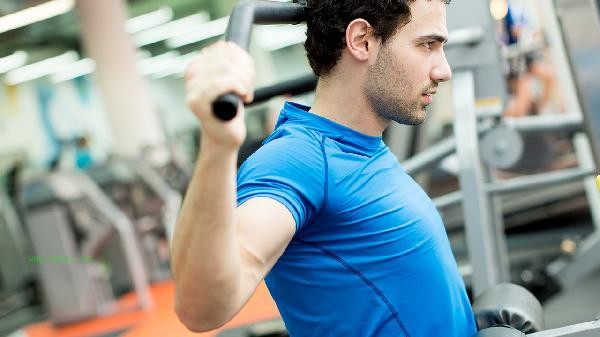Whether to eat or exercise after work at night depends on individual exercise intensity and digestive ability. People with low exercise intensity or weak digestive function can exercise first and then eat a small amount. For high-intensity training or those who are prone to low blood sugar, it is recommended to supplement with an appropriate amount of carbohydrates before exercising. Eating immediately after exercise may increase the burden on the gastrointestinal tract, especially a high protein and high-fat diet that can delay gastric emptying. It is recommended to consume easily digestible carbohydrates such as bananas and whole wheat bread 1-2 hours before training. This type of food can quickly provide energy without causing discomfort to the stomach during exercise. If you choose to eat after exercising, you should focus on supplementing protein and moderate carbohydrates, such as boiled chicken breast with brown rice, to help muscle repair and avoid sudden drops in blood sugar. It should be noted that within 30 minutes after exercise is the window period for nutrient absorption, during which supplementing with high-quality protein such as whey protein powder is more effective. Some people experience appetite suppression after exercise, which is related to blood redistribution and hormone secretion. This group of people is more suitable for eating in moderation before exercise to avoid energy depletion caused by increased metabolic rate during training. Patients with diabetes or those with abnormal metabolism should pay special attention. Fasting exercise may induce hypoglycemia. It is recommended to monitor blood sugar before exercise and bring candy for emergency. Regardless of the method, it is important to ensure that the total calorie intake throughout the day does not exceed the standard, and to avoid excessive eating 2 hours before bedtime to avoid affecting sleep quality.

It is recommended to flexibly adjust the eating time according to the daily exercise plan. Slow carbon foods can be supplemented before high-intensity interval training or strength training, and high protein light foods can be chosen after low-intensity exercises such as yoga. Long term exercisers should regularly assess changes in body fat percentage and muscle mass, consult a nutritionist if necessary to develop personalized plans, and pay attention to adequate hydration before and after exercise to avoid dehydration affecting exercise performance and recovery efficiency.









Comments (0)
Leave a Comment
No comments yet
Be the first to share your thoughts!